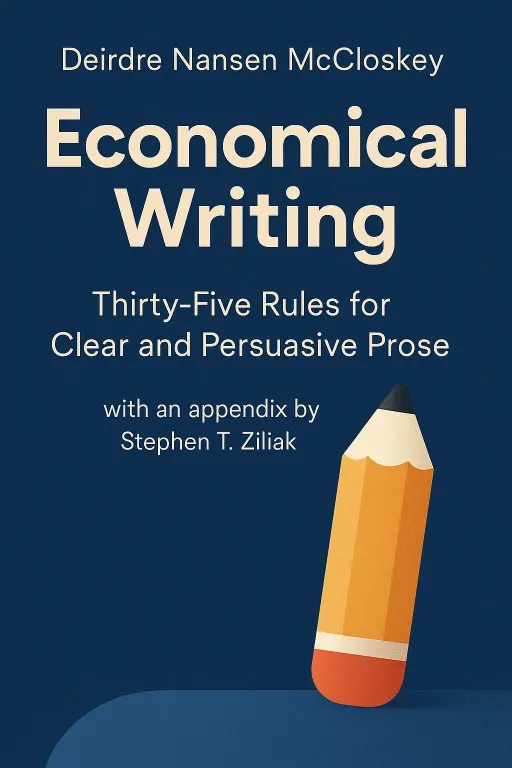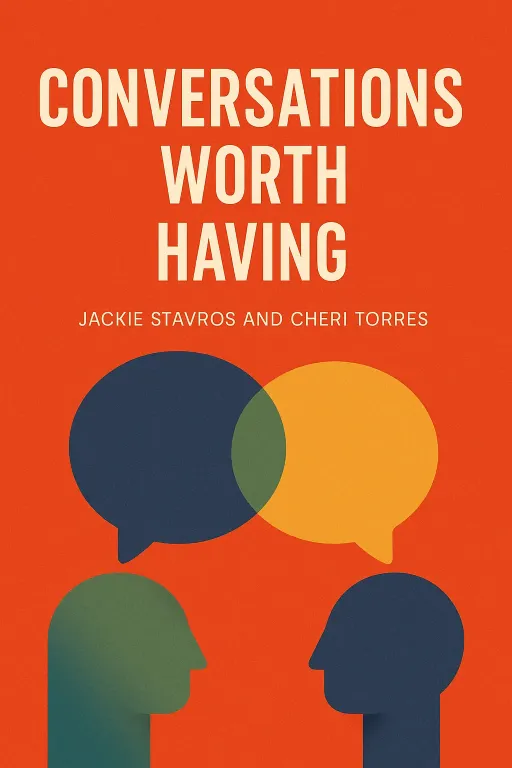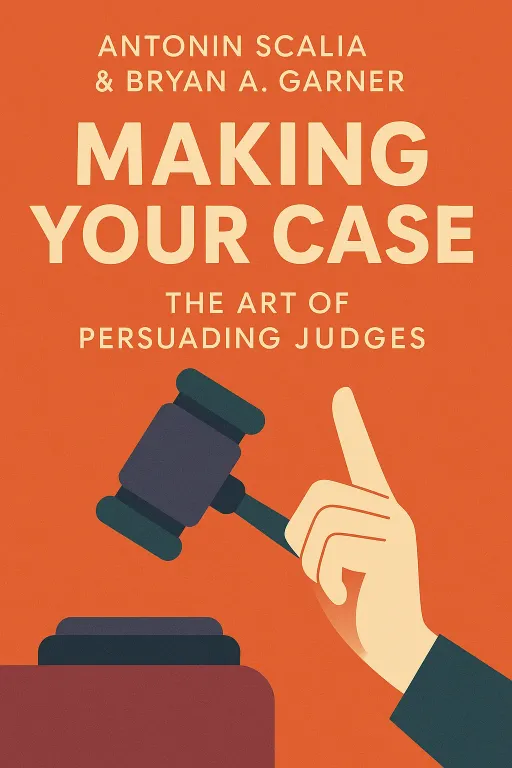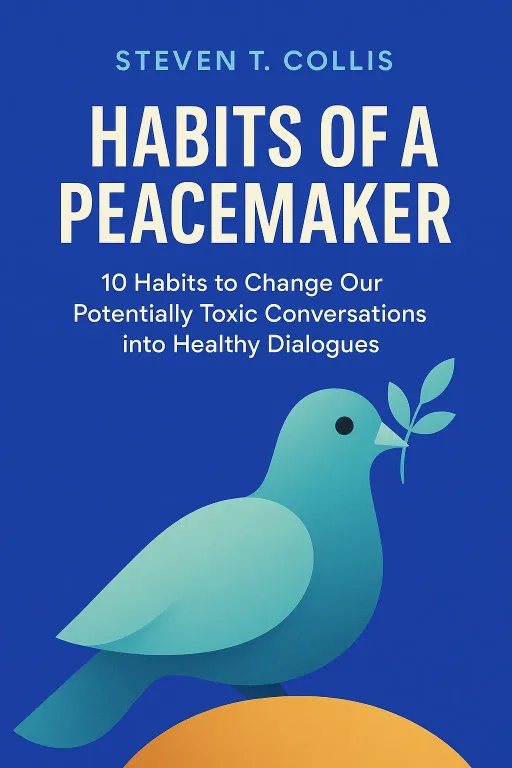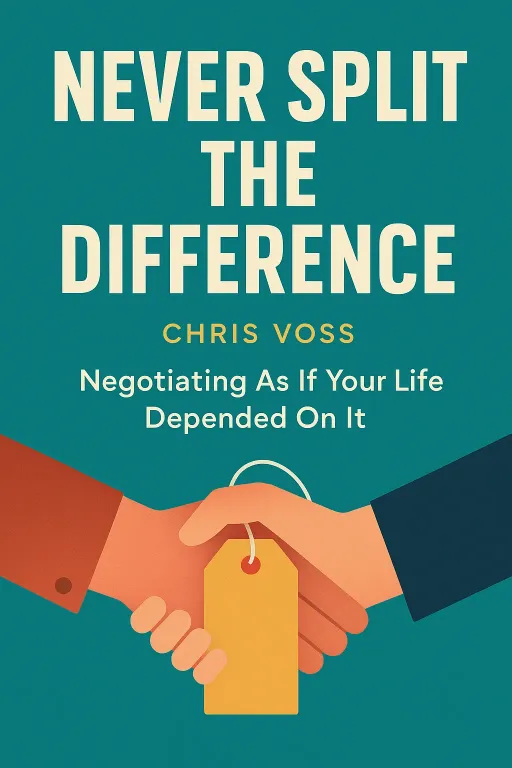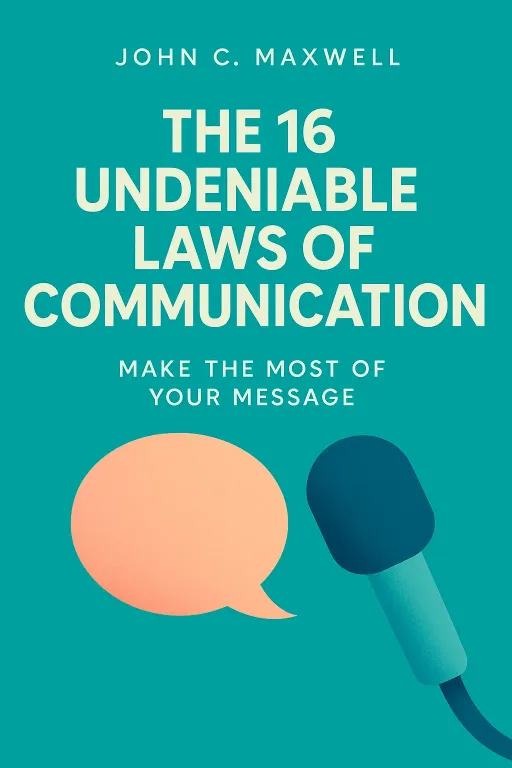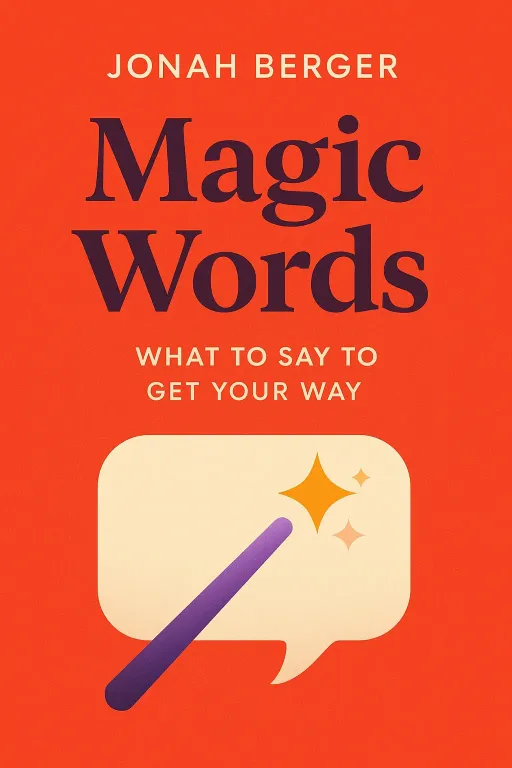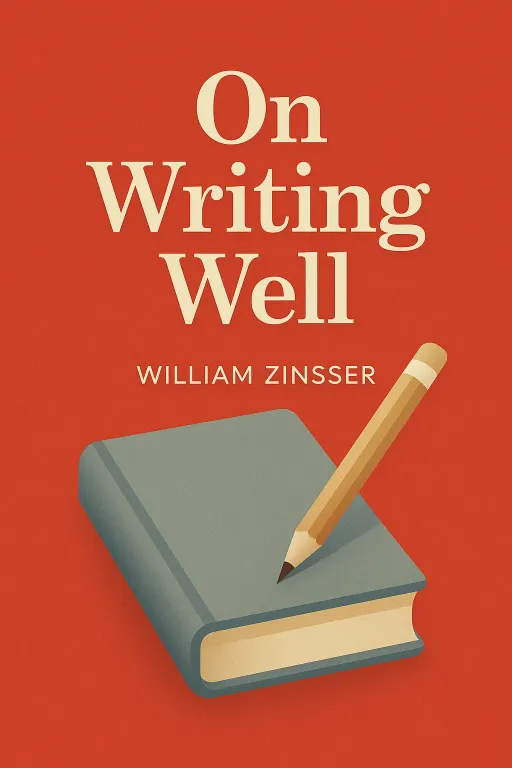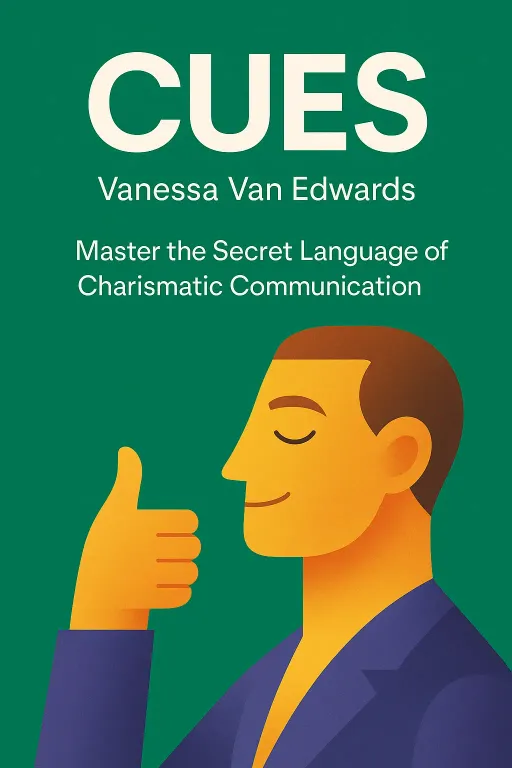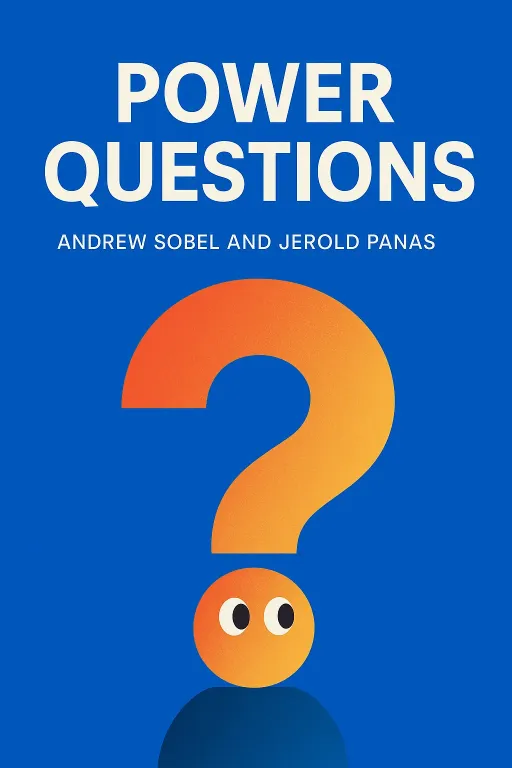
Power Questions
11 minIntroduction
Narrator: A lead partner from a prestigious consulting firm, let’s call him Westervelt, stands before the senior executive team of a major bank. He’s a finalist for a coveted strategy contract. For an hour, he delivers a masterful presentation, filled with brilliant analysis and a deep understanding of the bank’s competitors. He answers every question with precision. Yet, a week later, he gets the call: his firm didn’t get the job. The CEO explains that Westervelt’s fatal mistake wasn’t in his answers, but in a single question he failed to ask. This scenario, where expertise and eloquence fall short, sits at the heart of Power Questions by Andrew Sobel and Jerold Panas. The book argues that in a world obsessed with having the right answers, the true key to influence, trust, and connection lies in mastering the art of asking the right questions.
Good Questions Build Trust More Than Good Answers
Key Insight 1
Narrator: The authors assert that the most effective way to establish credibility is not by showcasing knowledge, but by demonstrating curiosity. They share the story of a CEO of a $12-billion company who was asked what impresses him most when a new consultant or banker is trying to win his business. Without hesitation, the CEO explained that he can always tell how experienced and insightful someone is by the quality of their questions and how intently they listen.
This challenges the conventional wisdom that one must arrive with all the solutions. Instead, asking thoughtful, probing questions shows respect for the other person's experience and signals a genuine desire to understand their unique situation before offering a solution. While easy answers can be found anywhere, a powerful question forces both the asker and the respondent to think more deeply, reframe problems, and uncover the true heart of the matter. This act of collaborative discovery, initiated by a well-crafted question, is the foundation upon which trust is built.
The Four Words That Transform Conversations
Key Insight 2
Narrator: In many professional and personal dynamics, conversations are dominated by those in power. Leaders often feel compelled to share their vision, managers to give direction, and experts to provide analysis. However, this one-way flow of information can leave others feeling unheard and undervalued. Sobel and Panas highlight a simple, four-word question that can instantly reverse this dynamic: "What do you think?"
They tell the story of George, a university Vice Chancellor who was deeply frustrated with his boss, the Chancellor. The Chancellor would hold long meetings, pontificating for hours about his own views without ever soliciting input from his senior team. George lamented that all he wanted was for his boss to ask those four simple words. The desire to be heard and have one's opinion valued is a fundamental human need. Asking "What do you think?" is more than a request for information; it's a compliment. It tells the other person that their perspective matters, empowering them to contribute and fostering a sense of shared ownership.
Diagnose Before You Prescribe
Key Insight 3
Narrator: A common mistake in problem-solving is jumping to a solution before fully understanding the problem. The authors illustrate this with the story of a consultant called in by Kurt Dawson, the head of global sales for an industrial equipment company. Dawson’s request was simple: he wanted a two-day sales training workshop to help his team acquire new clients.
Instead of immediately designing a program, the consultant began asking "Why?" repeatedly. Why did they need sales training? Because they needed to improve their skills. Why? Because they needed to increase new client acquisition. Why? Because their existing clients weren't providing enough growth. Why? Because the company was losing 20 percent of its clients each year. Dawson blamed this on competitors' low prices. But the consultant asked again: Why were the competitors' prices so much lower?
This relentless digging, a technique known as the "Five Whys," eventually unearthed the real problem. It wasn't the sales team's skills; it was significant quality and delivery issues with their products. A sales training workshop would have been a complete waste of money. By diagnosing the root cause, the consultant was able to help the company overhaul its operations, which was the solution they truly needed.
The Question That Resets a Failed Interaction
Key Insight 4
Narrator: Everyone has experienced a conversation that gets off to a terrible start. Whether due to a misjudgment, a poor assumption, or a clumsy opening, the interaction feels doomed. The book offers a bold and surprisingly effective strategy for these moments: asking, "Do you mind if we start over?"
This is brought to life through the story of a fundraiser meeting with a wealthy alumnus named Allan Favort. Confident that Allan’s passion was the College of Engineering, the fundraiser immediately asked for a million-dollar gift for that department. Allan was furious, stopping the fundraiser cold for making such a huge assumption. The meeting was a disaster. After leaving the office, the fundraiser paused, took a deep breath, and went back in. He looked at Allan and asked, "Do you mind if we start completely over?"
This act of humility disarmed Allan. The fundraiser then started asking questions and listening, and soon discovered that Allan’s true passion was not engineering, but the university’s theater program, where he had started as a drama major. The conversation was reset, a genuine connection was made, and Allan agreed to consider a major gift to the theater program. The courage to admit a mistake and ask for a fresh start turned failure into a resounding success.
Pushing for Excellence Without Demoralizing
Key Insight 5
Narrator: Leaders are often tasked with pushing their teams to achieve more, but this can easily slip into demoralizing criticism. The authors explore a question that, when used judiciously, can inspire greatness: "Is this the best you can do?"
This principle is famously illustrated by Steve Jobs during the development of the original Macintosh. He was obsessed with making the computer boot up faster. After his engineers had already shaved off several seconds, he pushed them again. He explained that if they could save just 10 seconds of boot time for the millions of users, it would collectively save lifetimes of human effort. Inspired by this vision, the engineers went back and managed to cut another 10 seconds.
Similarly, when Winston Lord was a special assistant to Henry Kissinger, he was asked to write a major foreign policy report. After submitting his first draft, Kissinger simply returned it with the question, "Is this the best you can do?" This happened eight more times. Finally, after the ninth draft, an exasperated Lord said, "Henry, I cannot possibly improve it." Only then did Kissinger reply, "In that case, now I'll read it." The question, while demanding, forces individuals to move past "good enough" and tap into their full potential.
Uncovering Personal Dreams to Deepen Relationships
Key Insight 6
Narrator: Power questions are not limited to the boardroom; they are essential for nurturing personal relationships. The authors point out that relationships often atrophy when we take them for granted and stop exploring each other's inner worlds. A question that can revitalize a connection is, "What are your dreams?"
The book tells the story of Ben, a corporate executive who, after a colleague’s painful divorce, began to reflect on his own 20-year marriage. His colleague’s ex-wife had told him, "You always focused on your dreams, but never asked about mine." The words hit Ben hard. That night at dinner, he asked his wife, Liz, "What are your dreams?" Liz was moved to tears. She said that in over two decades together, he had never once asked her that question. They talked for two hours, opening up a new, deeper chapter in their relationship. Asking about someone's dreams shows that you care about their future and their deepest aspirations, not just their present reality.
Defining Your Legacy Before It's Written
Key Insight 7
Narrator: The most profound questions are often the ones we ask ourselves. To guide life's most important decisions, the authors propose a powerful self-reflective exercise centered on one question: "If you had to write your obituary today, what would you like it to say about you and your life?"
One of the authors shares a personal story from his sophomore year of college. He was on a pre-med track, following in the footsteps of his father and grandfather. During a career seminar, the instructor had the students write their own obituaries. The author started writing about a distinguished medical career but stopped abruptly, realizing it wasn't his story. He rewrote it, envisioning a life of international business, travel, and fluency in multiple languages.
This exercise gave him the clarity and courage to call his father and tell him he was leaving the pre-med program. The question forced him to confront the difference between the life he was expected to live and the life he truly wanted. It serves as a powerful tool to align one's daily actions with their ultimate values and aspirations.
Conclusion
Narrator: The single most important takeaway from Power Questions is that inquiry is more powerful than advocacy. In a world that rewards quick answers and confident pronouncements, the ability to pause, listen, and ask a thoughtful question is a rare and invaluable skill. It fundamentally shifts the dynamic of any interaction from a transaction to a relationship, from a debate to a dialogue. The book's true impact lies not just in providing a list of questions, but in promoting a mindset of curiosity, humility, and genuine interest in others. The most challenging idea it presents is also its simplest: that the key to unlocking deeper connections and greater influence might just be to talk a little less and ask a little more.
